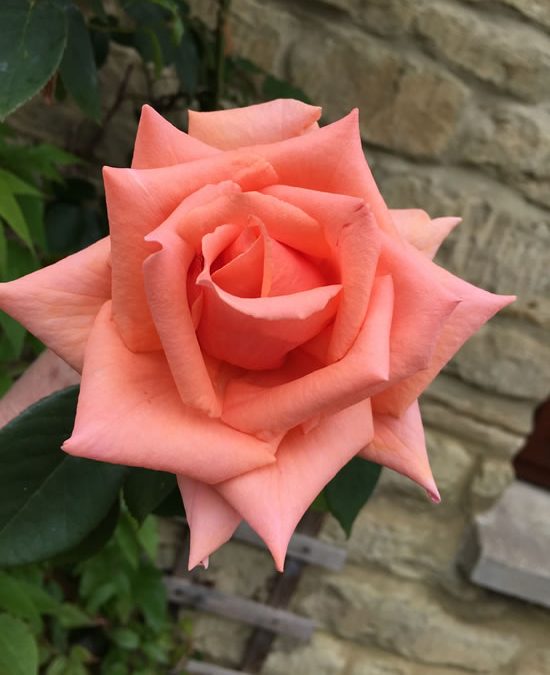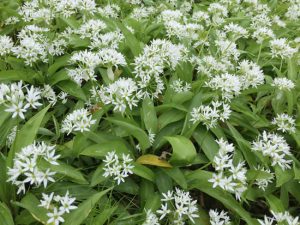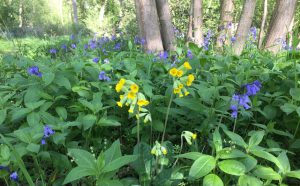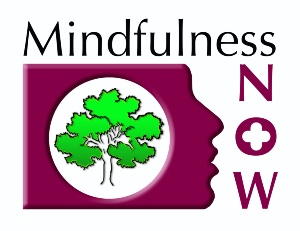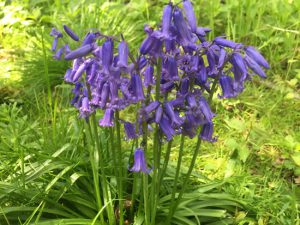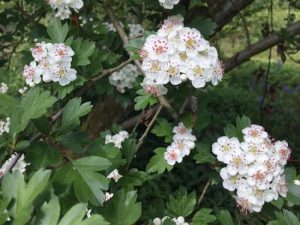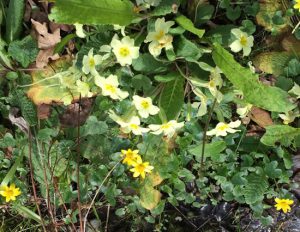Feel guilty about doing nothing?
When you feel like slowing down or stopping are you driven on by thoughts about what you need to do?
If any of the following statements ring true with you then you’ll know exactly what I’m talking about.
“I don’t have time for myself because I’m too busy looking after…”
“If I have time, after I’ve finished….I’ll do it then”
“I just can’t seem to make time for myself however hard I try”
It’s a common problem to feel challenged by trying to find time to do nothing and ‘just be’. Tme to ‘just be’ can seem simply unattainable for many, but the solution lies in cultivating a conscious decision to make time to take time out.
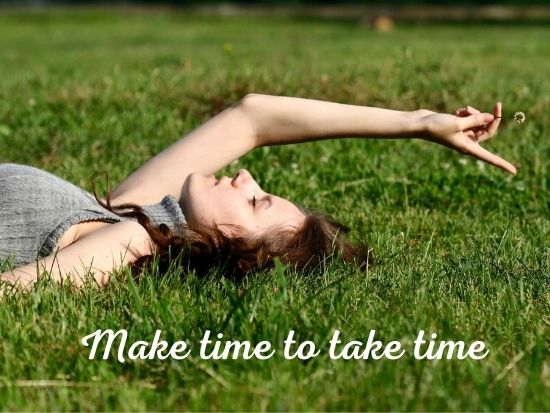
Are you ‘worth it’?
However full your life may seem, it’s possible to make time for yourself even if only for a few minutes a day. I know myself this often requires considerable effort to achieve ‘time out’. But, I’m sure you’ll agree if you feel something is “worth it” you’ll make the effort to engage with it, right?
In mindfulness terms, what we’re looking at here is a path to development of both self-awareness and self-compassion (i.e. realising the value of being kind to yourself to boost your sense of wellbeing).
Actually taking time out, to ‘just be’ is important for recharging your batteries and allowing your brain to effectively reboot. However, I do appreciate the problem, as we’re forced to spend more time at home surrounded by seemingly never-ending tasks, it’s actually quite a challenge to ‘just be’ without feeling guilty. Do you agree?
It used to be common practice to meet up with friends, go shopping, eat out, go on holiday – all ways to mentally relax and boost wellbeing. But now, due to the Covid-19 situation, many people feel anxious about engaging with any of these former wellbeing boosts and are therefore looking for alternatives.
I’m not here to try to tell you that practising mindfulness is the natural replacement for feeling better through shopping, eating out or going on holiday, but I can tell you mindfulness practice can really support the development of a sense of inner self-worth, resilience and a greater sense of equanimity in the face of the so-changed lifestyle we are dealing with.
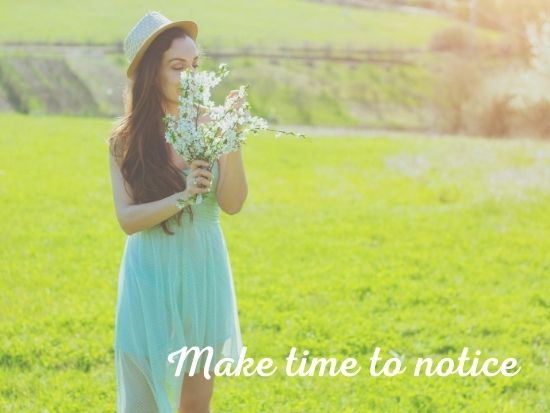
Boost your wellbeing
I’m a great exponent of the benefits of nature immersion for promoting a sense of wellbeing. So, with that in mind, I’m going to invite you to try the following little exercise on a daily basis over 5 days. If you don’t get on with it, that’s fine. If you do find it a useful experience to engage with, then I’d suggest that a little bit more exploration into the benefits that mindfulness can deliver might be worth pursuing.
Try a little bit of ‘just being’
Rather than suggest a formal meditation for you to engage with I’m going to suggest you try something different.
You need to make a commitment over five days for just 3 minutes a day, at or around the same time. Either sit in the garden or stop and stand still if you’re out on a walk. If you can’t get out, or would rather not due to shielding, then you can still join in with this exercise (there’s no excuse for not having a go!).
1. Find a comfortable place to sit or stand. Set up some way of timing 3 minutes and start the timer when you’re ready to begin the exercise.
2. Let your gaze take in something in nature that’s nearby. Alternatively, a houseplant or a picture in a magazine featuring a scene from nature is fine too.
3. Without forcing your attention, allow your focus to ‘just be’ on whatever you are gazing at. Notice everything about what you are looking at, including colour, size, shape, maybe even scent or what it feels like to touch.
4. When your attention wanders, as it will, return it to focussing on your ‘nature’ object for the full 3 minutes. It doesn’t matter if you ‘begin again’ once, twice or a hundred times. Noticing that your attention has wandered is good, because you’ve ‘woken up’ to what your mind is doing, rather than just being on auto-pilot.
5. At the end of your 3 minutes you might choose to close your eyes and reflect on how the exercise made you feel. If you don’t feel comfortable closing your eyes that’s fine, just reflect in the same way about what you notice in yourself ‘now’ as opposed to when you started.
6. Repeat daily, or more times a day if you’d like to. Just don’t compare one practice with another. Start each practice as if it were your first and allow yourself to ‘just be’ in that particular moment.
Taking time out to practise mindfulness is not about dedicating hours to formal meditation. It’s simply developing a growing awareness that making time to ‘just be’ is not wasting time, but rather time well spent.
Practising mindfulness is a way to recharge your batteries and boost your resilience and general sense of wellbeing. Try it and see for yourself.

